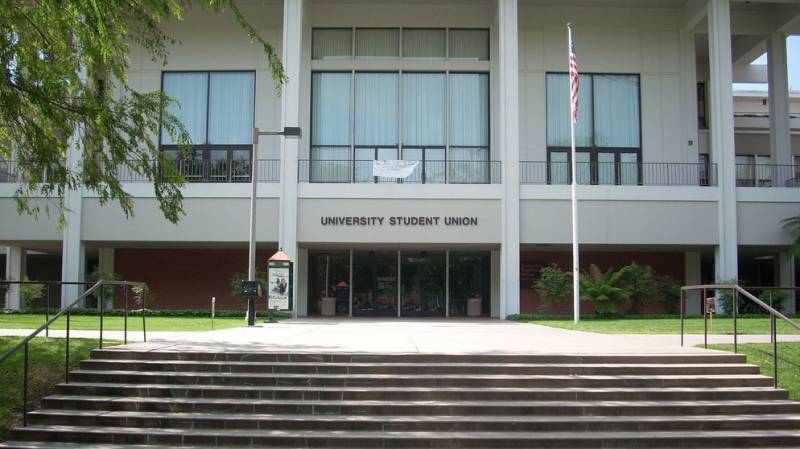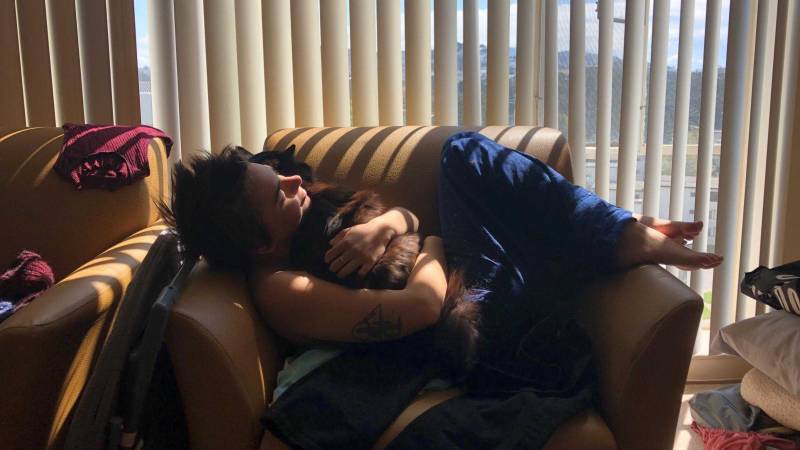Officials at California State University, the country’s largest four-year public university system, said last week that classes at all 23 campuses will stay primarily online when the next term begins in January, due to expected increases in coronavirus cases later this year.
“This decision is the only responsible one available to us at this time,” Chancellor Timothy White said in a message to faculty, staff and 480,000 undergraduate students.
In May, CSU was among the first large U.S. universities to announce that most classes this fall would be online because of the pandemic. Currently, less than 10% of courses like labs and other hands-on classes are being taught in person, and on-campus housing has been significantly reduced.
“The virus continues to spread. There is no vaccine and there likely will not be one widely available any time soon,” White said. “A larger wave continues to be forecast for the period between October and December, coupled with seasonal influenza; this will undoubtedly be a daunting challenge for us.”
He also cited “an insufficient testing and contact-tracing infrastructure” as reasons for the “regrettable but necessary decision” to continue the next term virtually.


